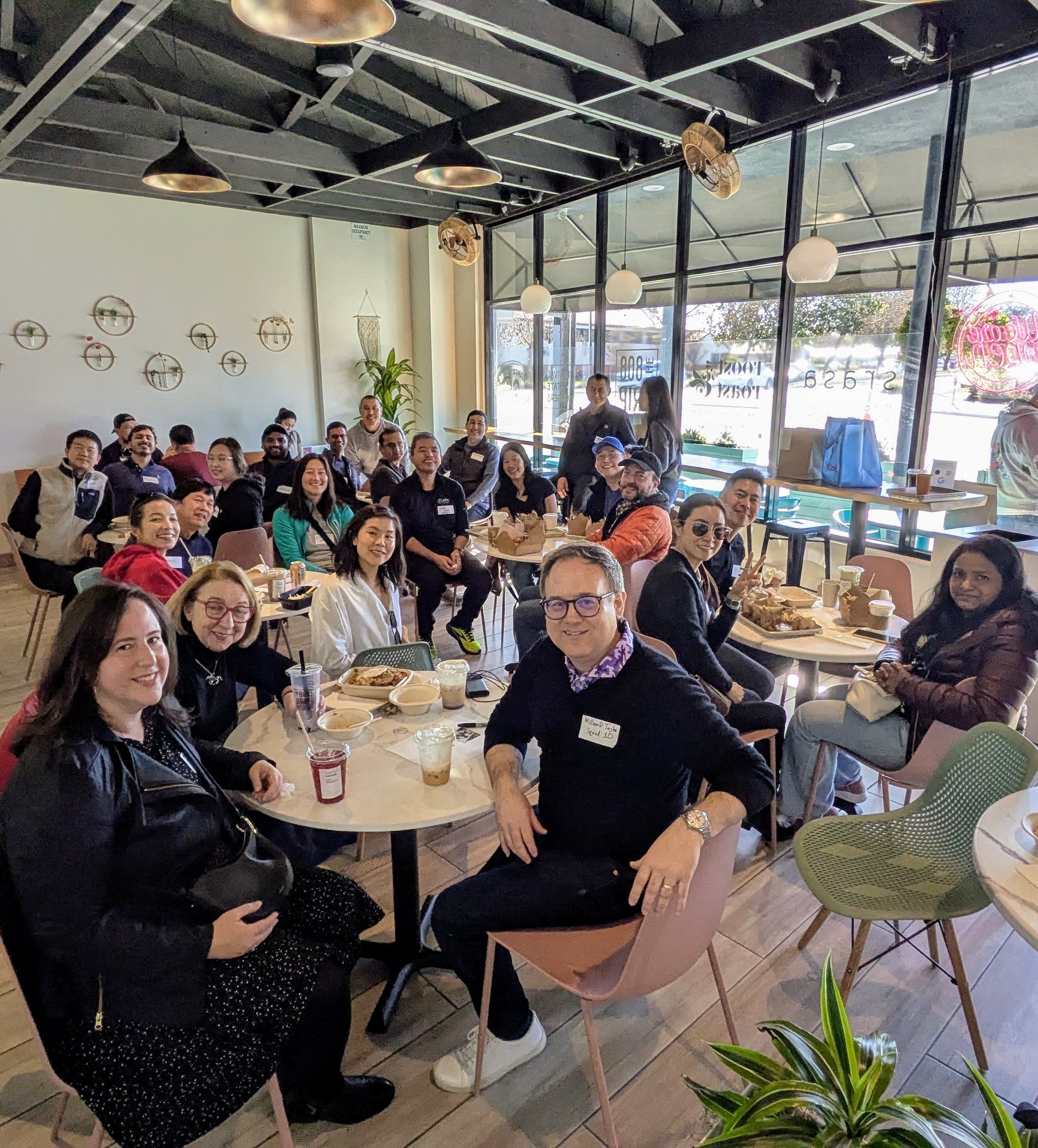Katrina Lake Investments: How The Stitch Fix Founder Thinks About Backing Early-Stage Companies
.png)
Brian Nichols is the co-founder of Angel Squad, a community where you’ll learn how to angel invest and get a chance to invest as little as $1k into Hustle Fund's top performing early-stage startups.
Katrina Lake isn't your typical Silicon Valley investor. She built Stitch Fix from a Harvard Business School project into a public company worth billions. Now she's applying those lessons to early-stage investing. And her approach is different from most VCs in ways that matter.
I've been tracking Katrina Lake investments to understand her thesis. What stands out isn't just what she invests in but how she thinks about founder evaluation. There are specific patterns here that every early-stage investor should understand.
Who Is Katrina Lake?
Katrina founded Stitch Fix in 2011 while at Harvard Business School. The concept was simple: combine data science with human stylists to send personalized clothing boxes to customers. The execution was anything but simple.
She bootstrapped initially, raised venture capital, scaled the business to over $1.7 billion in annual revenue, and took the company public in 2017. She stepped down as CEO in 2021 but remains on the board.
Now she's an active angel investor and limited partner in several venture funds. And her investment approach reflects hard-won lessons from building a company in an industry (retail) that VCs typically avoid.
What's Katrina's Investment Thesis?
Katrina focuses on three main areas:
1. The intersection of data and traditionally "human" industries: She understands that the best opportunities often exist where technology can augment (not replace) human expertise. Stitch Fix proved this model worked in fashion. She's looking for similar opportunities in other industries.
2. E-commerce and retail innovation: Obviously. Katrina knows this space better than almost anyone. But she's not just investing in "Stitch Fix for X" companies. She's looking for founders rethinking different parts of the retail value chain.
3. Companies solving problems for women: Katrina has been public about wanting to back more female founders and companies solving problems that disproportionately affect women. This isn't charity. She believes these are underserved markets with real commercial opportunity.
How Does Katrina Evaluate Deals?
Here's what I've noticed about how Katrina approaches investments:
She values operational experience over pure vision: Unlike investors who fall in love with big ideas, Katrina wants to see evidence that founders understand the operational details. How will you acquire customers profitably? What are your unit economics? How will you scale operations?
This makes sense. Stitch Fix succeeded not because of a brilliant concept but because Katrina figured out the operational details that made the model work.
She looks for founders who understand their customer deeply: Katrina spent years talking to Stitch Fix customers. She knew what they wanted before they knew they wanted it. She looks for that same customer obsession in founders she backs.
She's not afraid of industries that other VCs avoid: Retail, fashion, home goods... these aren't typical VC darlings. But Katrina knows that sometimes the best opportunities exist in markets where there's less competition for deals.

What Can We Learn From Specific Katrina Lake Investments?
Let's look at some actual deals:
The Yes (acquired by Pinterest): This was a visual shopping search engine. Katrina invested because she understood the problem: online shopping creates decision paralysis. The Yes used AI to help people find products they'd actually like.
The lesson? Investing in founders who deeply understand e-commerce friction points can work even if the specific solution evolves.
Faire: This wholesale marketplace connects retailers with brands. Katrina saw that small retailers were getting squeezed out of wholesale buying relationships. Faire democratized access.
The lesson? Infrastructure plays for traditionally offline industries can be massive opportunities. Everyone focuses on consumer apps, but B2B platforms solving real operational problems often build better businesses.
Rent the Runway: Katrina invested in RTR's growth rounds. This makes sense given her retail experience. She understood the unit economics challenges but also saw that the model could work at scale.
The lesson? Don't be scared of businesses with complex operations if the founder has figured out how to make the math work.

What Makes Katrina Different From Other Investors?
She's actually built and scaled a company: Most VCs have never operated. Katrina has dealt with warehouse logistics, customer service at scale, supply chain management, and all the messy operational details that determine whether companies actually succeed.
She understands female consumer behavior better than most investors: The venture industry is overwhelmingly male. Katrina has an edge in evaluating companies targeting female customers because she's actually lived the problems they're solving.
She's not chasing hype: Katrina doesn't invest in whatever's hot on Twitter. She invests in founders building real businesses with actual customers and revenue.
How Should Early-Stage Investors Apply Katrina's Approach?
Here are the practical takeaways:
Look beyond the pitch deck: Can the founder explain their unit economics? Do they understand customer acquisition costs? Have they actually talked to potential customers? The operational details matter more than the vision.
Invest in industries you understand: Katrina's retail experience gives her an unfair advantage evaluating retail startups. You probably have domain expertise somewhere. Use it.
Don't dismiss "boring" opportunities: Not every startup needs to be AI-powered crypto whatever. Sometimes the best opportunities are in traditional industries being modernized.
Back founders who've done the work: Katrina values founders who've tested their hypotheses with real customers, not just built prototypes. Evidence of customer demand beats a perfect product roadmap.
Think about diversity as competitive advantage: Companies solving problems for underserved markets (women, minorities, etc.) often face less competition and have clearer customer acquisition strategies. This isn't about social impact. It's about finding opportunities other investors miss.
What About Capital Efficiency?
One thing that stands out about Katrina Lake investments is her focus on capital efficiency. Stitch Fix was relatively capital-efficient compared to other e-commerce companies. It reached profitability before going public.
She looks for that same discipline in founders she backs. Can you build a meaningful business on $2 million instead of $20 million? Are you thinking about path to profitability from day one?
This matters more now than it did during the 2020-2021 funding bubble. Capital is expensive again. Founders who can do more with less will have an advantage.
The Lesson For Angel Investors
Katrina's approach to investing isn't revolutionary. But it's grounded in real operational experience building a company. She knows which metrics actually predict success because she's lived through scaling a startup.
For early-stage investors, that's the model to follow. Develop real expertise in one or two areas. Understand the operational details that determine success. Look for founders who've done the work, not just the pitch deck.
If you want to learn alongside other investors who care about operational fundamentals and actually helping founders succeed, Angel Squad brings together angels who've been operators themselves and understand what it really takes to build sustainable businesses.
The venture industry loves talking about "pattern recognition." But Katrina Lake investments show what that looks like when it's based on actually building a company, not just watching pitch presentations.
That's worth paying attention to.













